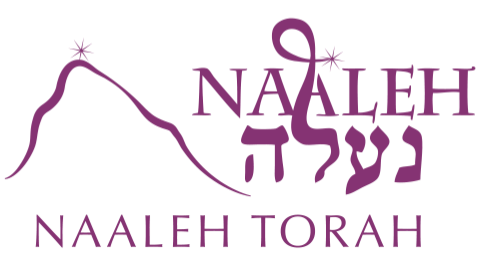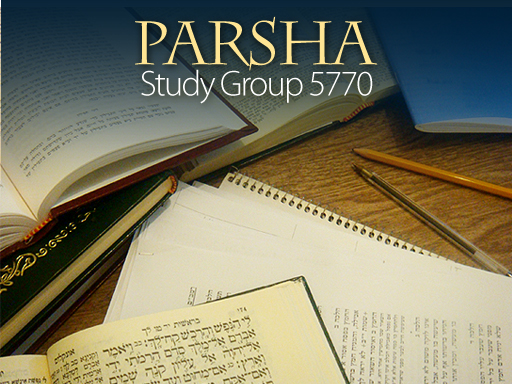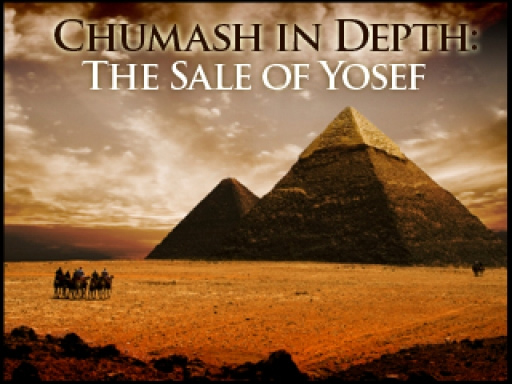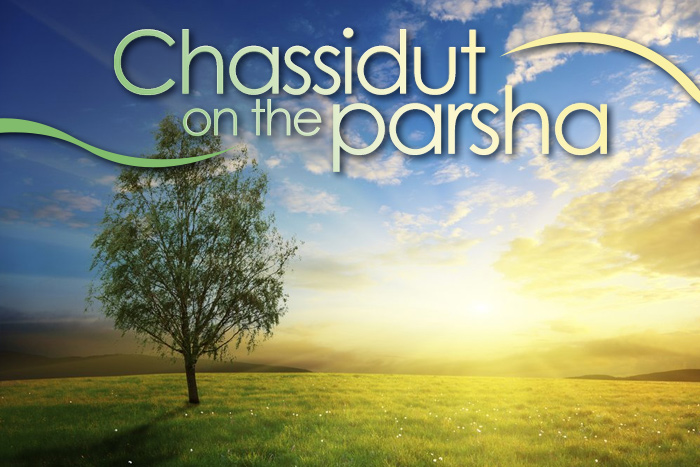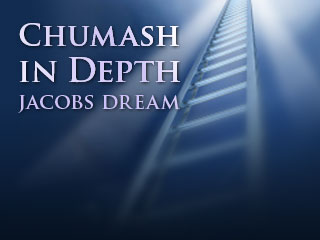Stolen Blessings
Posted onMrs. Chana Prero discusses the blessings that Yitzchak wanted to bestow on Esav. This class, which does not assume any prior knowledge of the text or of Hebrew language, answers questions such as why Yitzchak wanted to give Esav the brachot (blessings), why Rivka intervened, and why Yaakov did not tell the truth.
